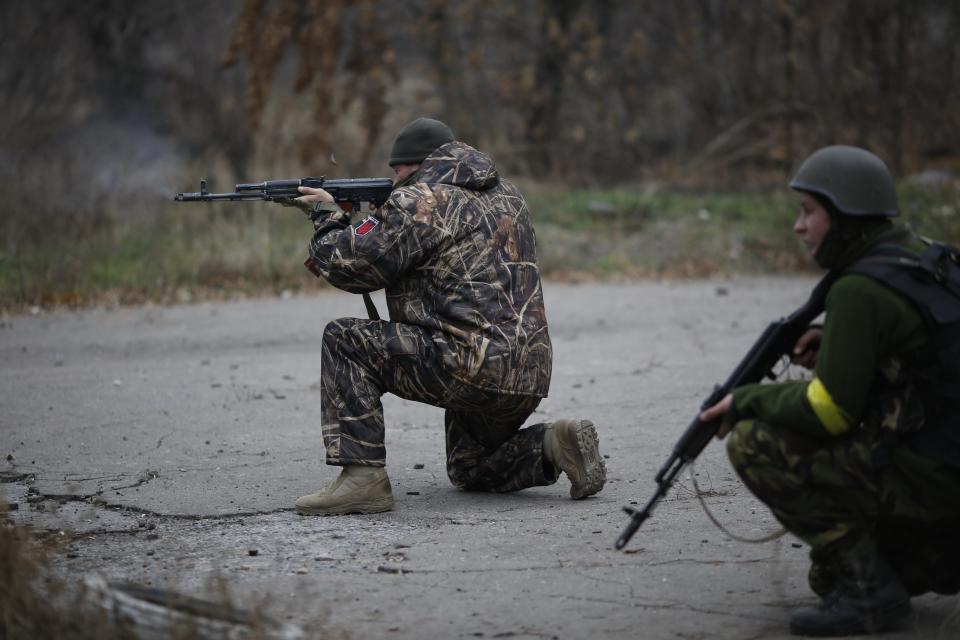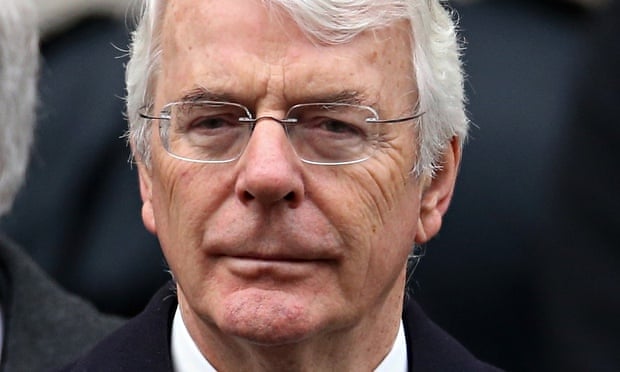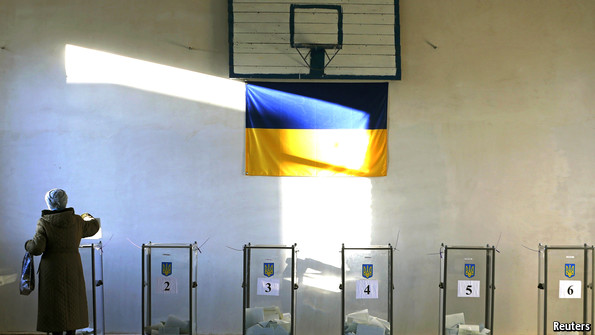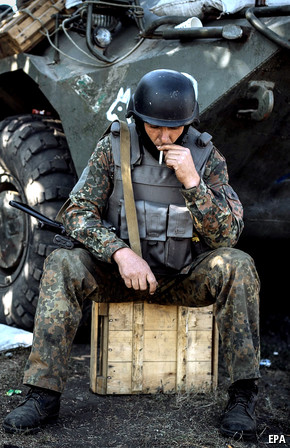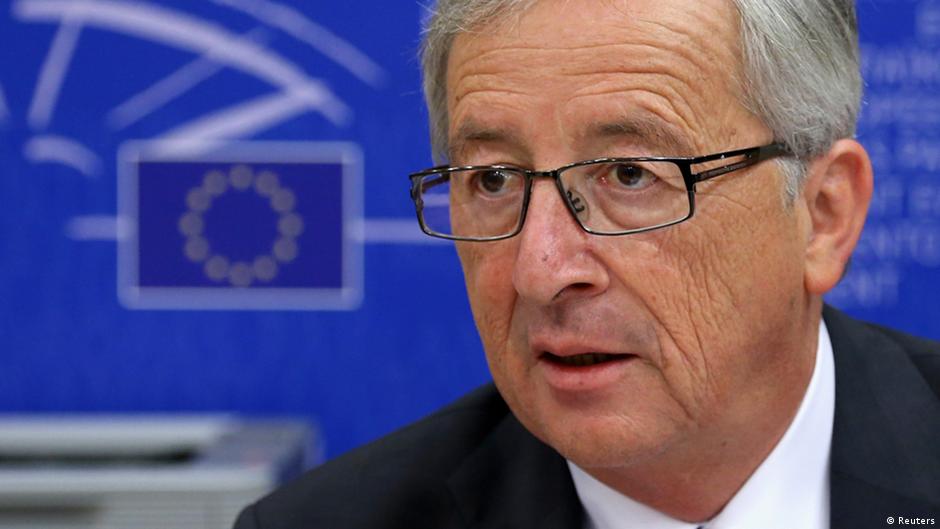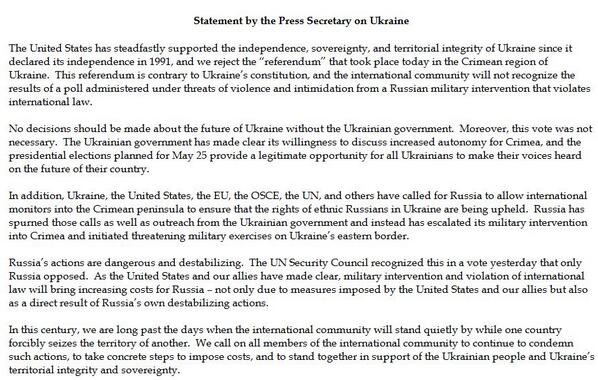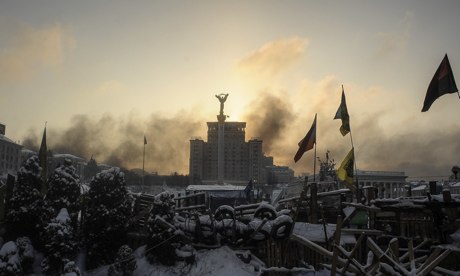I arrived in Berlin Monday, June 2nd to attend the
Cities of Migration conference and an author's conference on Regional Governance at the Freie Universitaet. I have visited Berlin many times, and it is always a pleasure to get reacquainted with this laid back capital city. During my first day here I walked around town to get a sense of some of the top issues. The
European Parliament election campaign posters were still in view, particularly of Martin Schulz, the candidate for European Commission President as well as posters showing Angela Merkel for the CDU
 |
| A motorcyclist rides past election campaign posters for the Social Democratic Party (SPD) (L) featuring the SPD's candidate Martin Schulz and for the Christian Democratic Union (CDU) (R) ahead of European Parliament elections due to take place on May 25, 2014, in Berlin on May 6, 2014. Poster at L reads: 'A Europe of growth, not of stagnation', poster at R reads : 'Decent work and a strong economy, that's how I see Europe'. AFP PHOTO / JOHN MACDOUGALL/AFP/Getty Images) |
The European Parliament maintains an information center near the Brandenburg gate:
Euroskepticism was also on display in this sign that calls for a return to the Deutschmark instead of the Euro:
As cities like Seattle in the U.S. call for a higher minimum wage, this is also a big topic in Germany as this very large poster proclaims that the long-term unemployed and teenagers are not exceptions, and should get wages higher than 8.50 Euros:
I found that Ukraine is a very hot topic. As I walked to the Brandenburg Gate, I saw a protest there that was focused on peace, particularly in Ukraine, anti-capitalism and music...
The protest drew on several strong themes, particularly the Monday protests in the GDR before the Berlin Wall fell in 1989.
"Wir Sind Das Volk (We are the people) for peace in Europe and the World and against the death politics of the central banks - no more lies!"
"No to war!"
"Stop the Nazi's in Ukraine, work together instead of sanctions, dialog not tanks in Kiev!"
On the other side of the gate, another protester on the more extreme fringes of opinion ...
 |
| These Spanish migrants to Germany call for the Spanish Monarchy to migrate... |
A bit of video from the protest is available here on youtube:
http://youtu.be/ifwTTlxpp7w
In East Berlin, the crossing lights were different than in the West and so the Ampelmann has become a popular mascot and souvenir item...
And the Russian embassy is another reminder of an earlier time:
